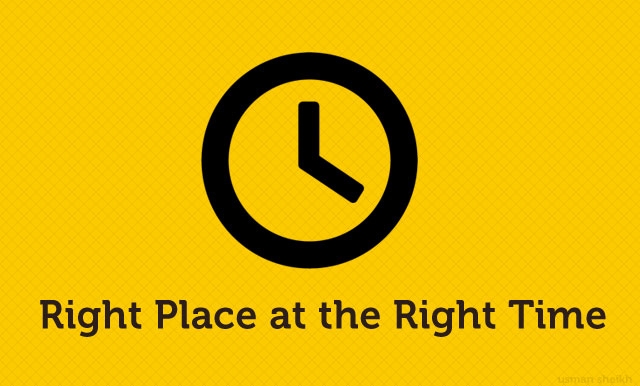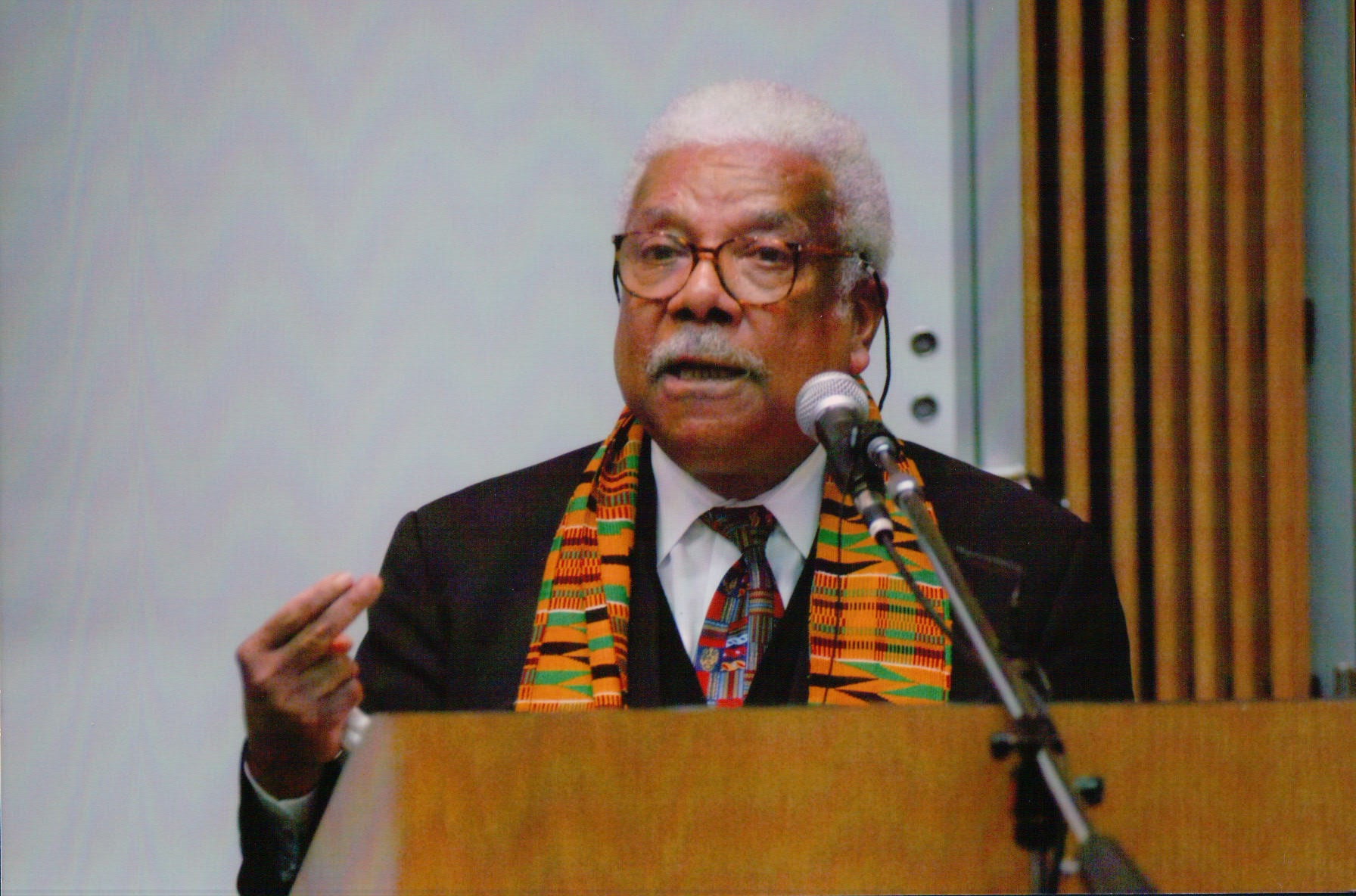
How much can a start-up achieve in its first four months? Wayne Gosling and Daniel Guasco launched a group buying site called Twangoo in South Africa on the same day that the 2010 FIFA World Cup kicked off. Twangoo achieved double digit growth every week. The entrepreneurs were in talks with up to 12 potential investors, eventually selling their company to Groupon. They did all of this in just 125 days.
Having switched roles from business owners to CEOs since the sale, the pair is finding that their entrepreneurial backgrounds are proving to be vital in a company where innovation is the order of the day. Groupon is developing a number of new products for small to medium enterprises (SMEs), including point of sale and payment solutions, mobile applications and more to be rolled out in South Africa soon.
Guasco’s enterprising mind showed at a very early age. As a student he convinced his principal to privatise the school’s tuck shop – a ‘venture’ he proudly boasts is still operational to this day. Later on in life he made money and then lost money in a fast food franchise business before retreating to the corporate world, working in sales and marketing. He spent some time in the UK and started a telecoms company that he sold to a UK-listed company but says he did not make much money from the deal. Soon after, he returned to South Africa to complete an MBA at the UCT business school, where he met Gosling.
Gosling had also spent time in the UK, although he did not know Guasco at the time, before returning to South Africa to study at the UCT business school. He worked for various research and consulting firms and ran the odd entrepreneurial venture after completing his MBA. Guasco and Gosling became good friends, were similarly commercially minded and shared a desire to start something new.
Guasco admits that Twangoo was not exactly their idea. While overseas, he met someone who had enjoyed a number of success stories in technology. After attending the launch of the Silicone Cape initiative in 2009 and meeting people who appeared to be making money in the online space, Gosling and Guasco set about looking for the next big idea. Guasco called on his overseas contact, an individual who had his finger on the pulse of tech businesses, who told Guasco that group buying was the “next big thing”. Guasco did not know much about it but in early 2010, when he read that Groupon had been valued at $1 billion, needed no further convincing.
According to Guasco, a group-buying website was the perfect concept for a low-cost start-up. “The business model is cool. What we sell today we only pay for down the road because you pay us for the voucher today and we pay the supplier in a week’s time. It’s a model that didn’t need much money, apart from the development of the platform,” he said.
Since neither Guasco nor Gosling could write code they partnered with two programmers who could, and let them develop the platform. It took Gosling and Guasco the same amount of time to get the platform ready to launch as it did to sell the business – 125 days. “I think on the first day there were two unique customers,” Gosling laughed.
“Half the vouchers were bought by my mom and the other [half] by Daniel’s mom.”
The pair admits that they were not sure initially whether the business would be a hit in South Africa. Not long after launching, they participated in a seed capital initiative as one of the top 10 African start-ups. One of the mentors actually doubted whether the concept was appropriate in the local market. They said Groupon had been successful on the back of a couponing culture in the US, whereas South Africans were against it, many finding it too embarrassing to hand in a coupon in exchange for a discount. “We heard that and got worried that it wouldn’t work here for that reason, but we just carried on working hard on it,” said Gosling. According to him, the timing was right as the economy was in the middle of a recession, so people were looking for deals to make things cheaper, which he says they still do. He adds that merchants also were not having any footfall. “Worldwide it was just the perfect timing for this,” he said.
When the pair first started developing Twangoo there were no other group buying sites in South Africa, but Gosling says one did launch just before Twangoo. And soon after they launched Twangoo, a few more competitors entered the market. “We realized that to win in this market we needed a bunch of money to build the business. We worked all day on getting deals and by night we were scouring online for potential investors,” Gosling said.
Guasco came up with the idea of getting in touch with Groupon and sent emails with Twangoo’s figures, highlighting the phenomenal growth it was achieving, to every variation he could come up with for Groupon CEO Andrew Mason’s email address. He blindly did this for about a month until he got a reply saying someone from Groupon’s mergers and acquisitions would be in touch and that Mason liked what Twangoo was doing. The following day they received a call from the US office quizzing them about the market, asking if it could grow and was a worthwhile investment. Guasco was also sending the company’s performance highlights to local investors and got the attention of a few, including one of South Africa’s major media companies. Although Guasco and Gosling were in negotiations with local investors, they were most interested in Groupon since it could provide the best practice for the business. Groupon was a leader in the group-buying space globally, so the company could offer insight on how to grow the business a lot quicker than any of the other investors. So when they received a call from Groupon telling them to get to Berlin within 24 hours to conclude the deal, they made it happen. Guasco, as the only one who could travel to Europe on such short notice thanks to his Italian passport, booked his flight and within an hour of arriving in Berlin the deal was signed. According to Gosling, although South Africa was a small market for a company of Groupon’s size it was the phenomenal growth Twangoo had achieved as well as the business savvy of its founders that caught the investor’s eye.
Guasco says the Groupon contact in the US had “no idea” about South Africa, even asking whether the country had an Internet connection and doubting whether there was an opportunity to expand the Groupon business to Africa. However, with the incentive to grow Groupon to as many territories as possible the executive Guasco met with in Berlin saw the potential.
Gosling and Guasco sold 100 percent of Twangoo to Groupon and the business was rebranded Groupon South Africa. South Africa was the 42nd country Groupon entered. It currently operates in 48 countries around the world. “We liked the possibility of a good, clean exit. A 100 percent sale was comforting in the economy, especially for a start-up with a concept like this where you don’t know where it’s
going. Group buying was still very new,” Guasco said.
Groupon wanted Gosling and Guasco to continue running the business as joint CEOs on the ground in South Africa, as they believed the two were the best people for the job, having built the business from scratch. “We are entrepreneur CEOs and we aren’t afraid of huge growth. We are both quite comfortable in a big corporate environment. A lot of entrepreneurs who fail can’t get the business side right and we are both commercially focused. We know how to create cash flows and scale those as quick as possible. That’s what we see as our passion and our drive,” said Gosling.
Both founders are still involved in the entrepreneurial space. They have invested in a handful of tech start-ups that they believe could disrupt an established market, specifically in Africa. They have a good team behind them and have some sort of “uniqueness” to them. “We were once a start-up so we can add value to a lot of the guys who are going through what we did. Typically a start-up does need money and there are some interesting start-ups out there, so where there’s an opportunity to invest in those companies and get in there early there’s an opportunity to make some good returns,” said Guasco. He believes Africa is unique and offers unique opportunities for entrepreneurs that have yet to be realised. “Africa has come onto a lot of people’s radars so it’s not a bad time to be in this space,” he concluded.
By Chana Boucher



